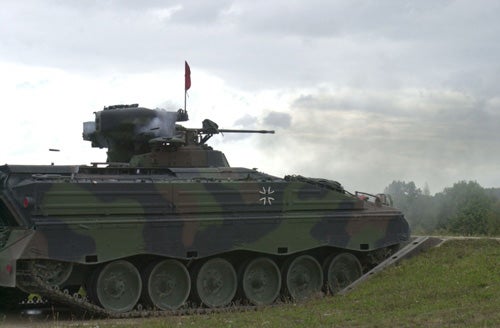Record Budget for Bundeswehr Approved
Just before the summer break, on June 23rd, the Reichstag approved the biggest budget in the history of the Bundeswehr. The German military is going to receive a sum exceeding 50 billion Euros for 2022 projects and spending. The budget still falls behind the NATO 2% of annual GDP military spending cap. This subject was extensively raised by Donald Trump who wanted to force Germany to spend more by the withdrawal of US forces stationed there. Germany, however, supplies its army with much more money than its neighbors who fulfill their 2% quota. Annegret Kramp-Karrenbauer, German Minister of Defense, described the budget as “a budget for life in peace and freedom”.
The Bundeswehr’s condition and capabilities were in decline due to cuts in spending and the careful approach of lawmakers towards spending on the military. The massive new injection of cash will be used to address many issues and develop future projects.
The navy has been allotted the majority of the funds. These will be spent on numerous programs, namely the development of submarines, type 212 CD, acquisition of Naval Strike Missle Block 1A, P-8 Poseidon procurement, new 707-class oilers, and the second stage of the NH-90 Sea Lion helicopters delivery. Additional funds for the Future Combat Air System (FCAS) were provided as well.
However, despite the increased budget the German Army, or Heer, remains underfunded. The army suffers from a lack of attention from the Reichstag. The canceled tender for new assault rifle procurement has is still under review. In addition to that, the army has not received any information on the purchase of new heavy-lift helicopters that will replace the old CH-53Gs, which are approaching the end of their service life. Besides that, there are few significant Heer procurement programs underway due to lack of funds for major purchases.
The FCAS program has also raised concerns among the parliamentary opposition in Germany. Politicians of FDP and the Green Party demand more control over the Ministry of Defense projects and spendings, pointing to the lack of procedure of implementation and the transition of government that awaits Germany in September.

